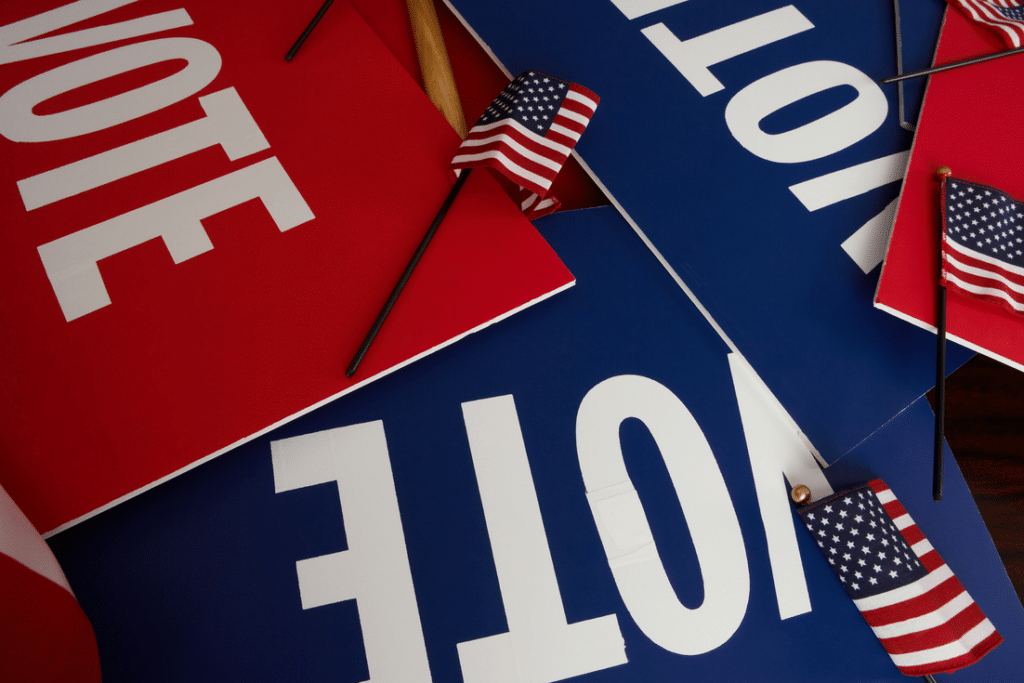Read the full article on USA Today
The digital advertising company that tracked Iowa caucusgoers’ phones last month came up with another novel way to divine just what types of voters are supporting which candidates.
This time, Dstillery conducted an online poll about candidate preferences and then dug into the online behaviors of respondents.
“We used our machine learning technology to score the pool of respondents supporting each candidate on a range of behavioral characteristics based on our ‘crafted audiences,’” Dstillery CEO Tom Phillips said.
Here’s what they discovered through 5,505 responses logged Thursday through Saturday:
— Donald Trump supporters like grilling, NASCAR, and motorcycles. They are also more likely to be contractors and do-it-yourselfers.
— Hillary Clinton supporters are more likely to be chief executives, small business owners, teachers, federal employees, and lawyers. One surprising stat, Phillips noted, was her supporters are also more likely to be luxury travelers.
— Bernie Sanders supporters are music lovers, millennial gamers, and IT professionals. They also have more interest in philanthropy.
— Marco Rubio’s supporters resemble Clinton’s but on the Republican side. His supporters are more likely to be chief executives, lawyers, and small business owners. Rubio also scores among NFL and college sports fans.
— Interestingly, the company found that Trump supporters and those of Ted Cruz are remarkably similar. “Very few categories stood out for either candidate vs. the other,” Phillips said. “For the most part, their supporters are indistinguishable.”
Dstillery cautions that all of the data were anonymous — the company has no idea of the identities of respondents, just their online habits, such as which sites they visit a lot, for example.
When the company did the Iowa analysis, it actually identified some 16,000 devices at caucus sites and then used who won at those sites to extrapolate the online behaviors of their supporters.
“The difference is that this time we used a sample set of people who specifically declared support for each of the five candidates rather than capturing a population of caucusgoers and segmenting them by the general election results,” Phillips said.
The company, which has before been dubbed “Picasso in the dark art of digital advertising,” does not have political clients. But Phillips said using its technology in such a way provides a high-profile demonstration of its capabilities.
“The fact that we’re able to figure out what are the, what characteristics emerge from these massive datasets — these massive data sets being literally 50 billion consumer events a day, which is this browser went to this URL,…this device used this app, this device showed up in a place,” he said. “Those are all the events that we capture — we capture them all anonymously — and we put them in, we run our data science against those massive data sets.
“That’s exactly what we do in our business, which is mostly running advertising for major marketers, and it’s what we do in this, in this effort to illuminate the election results.”

